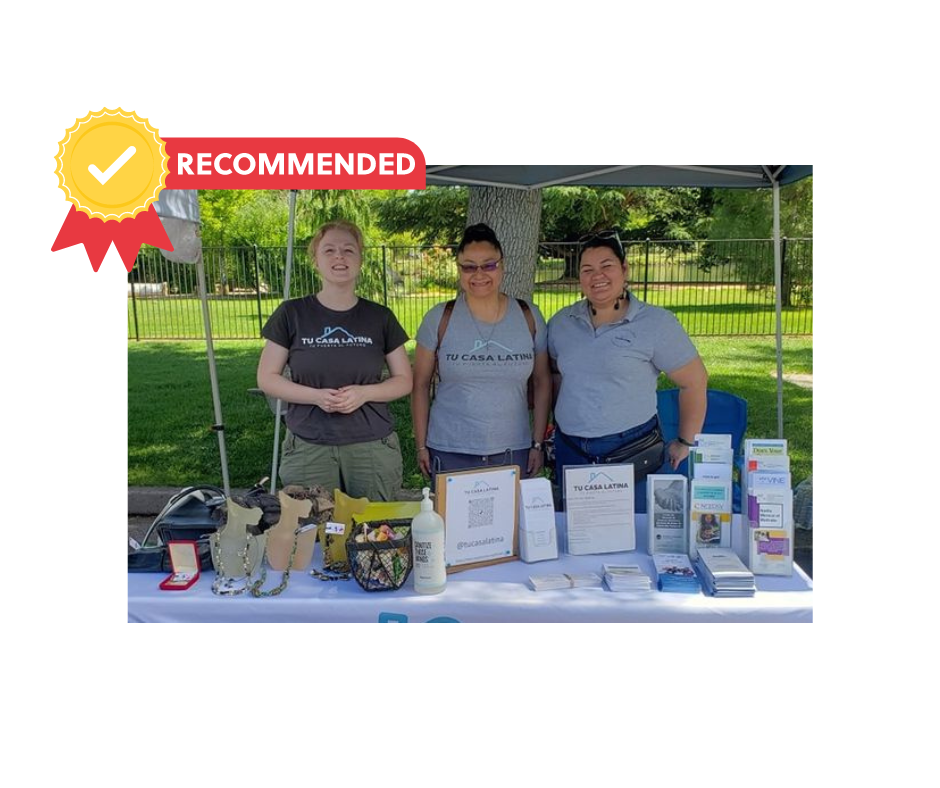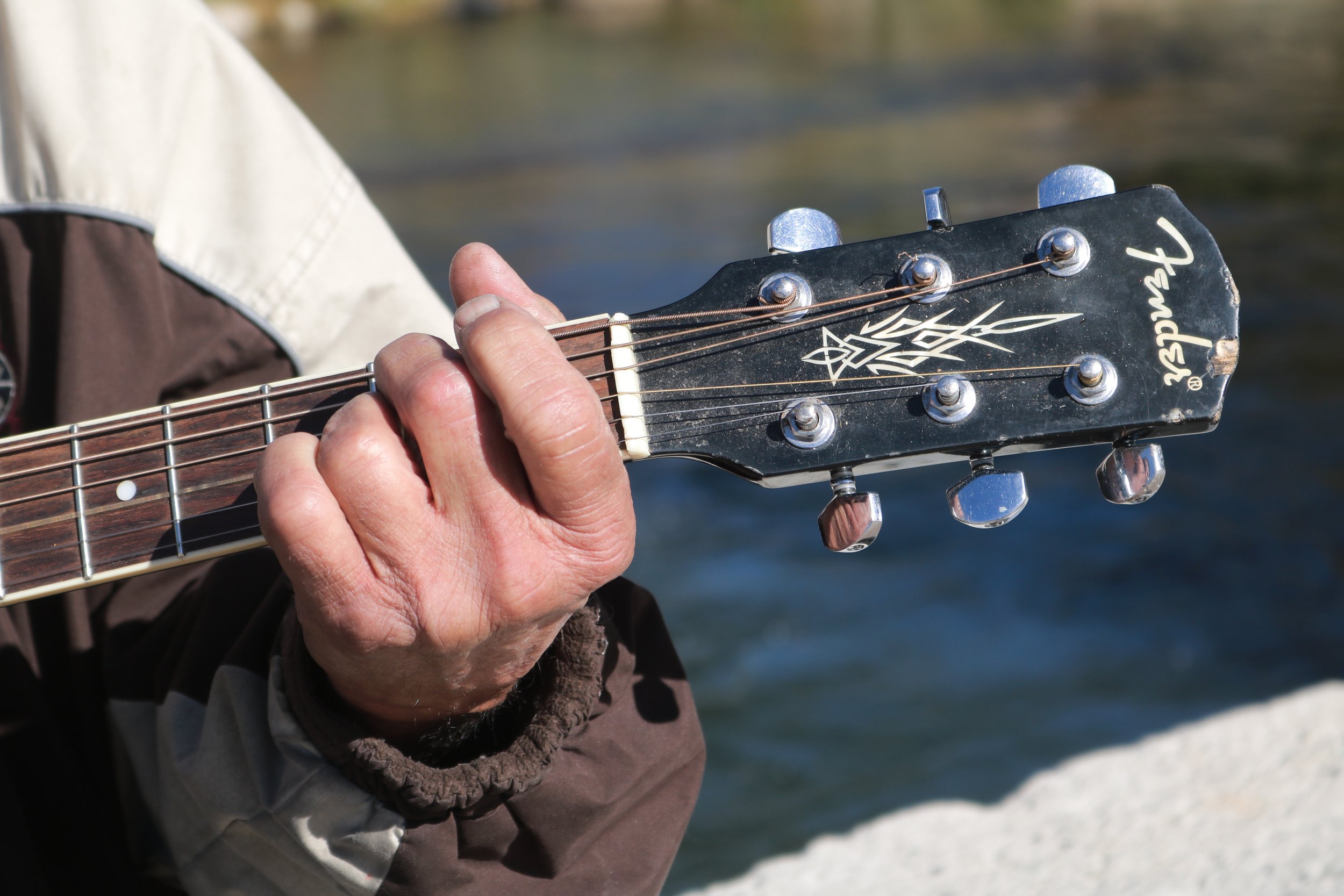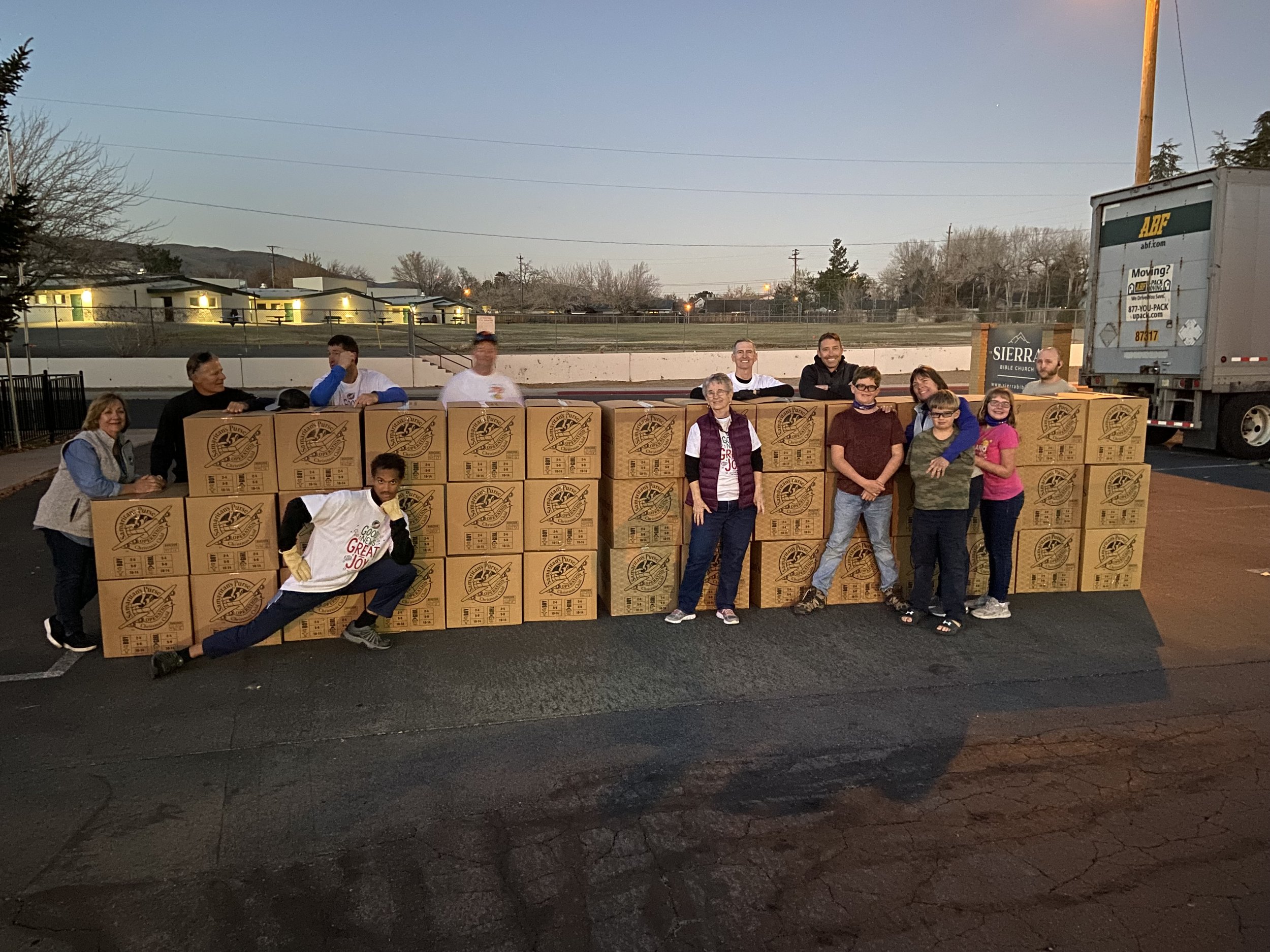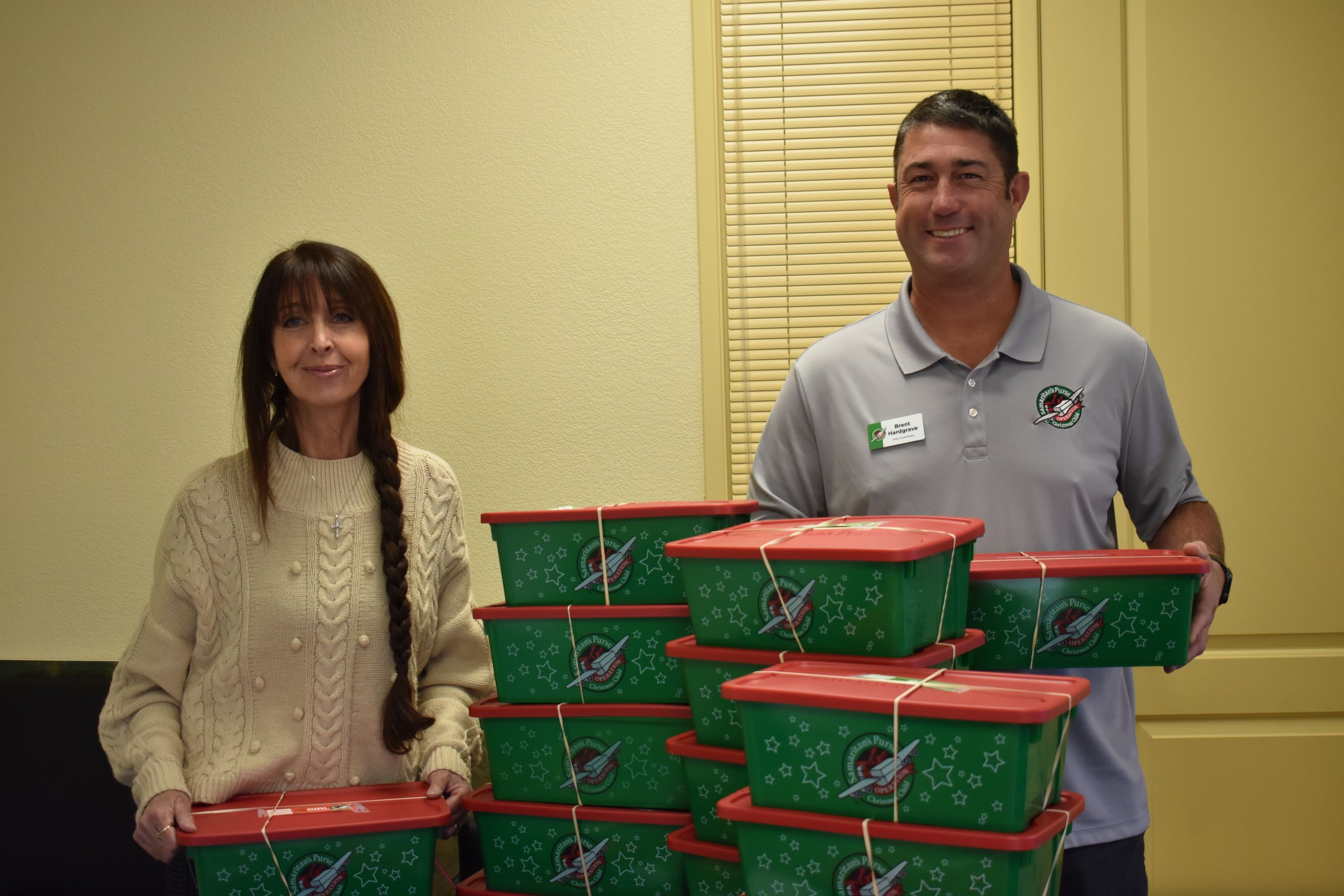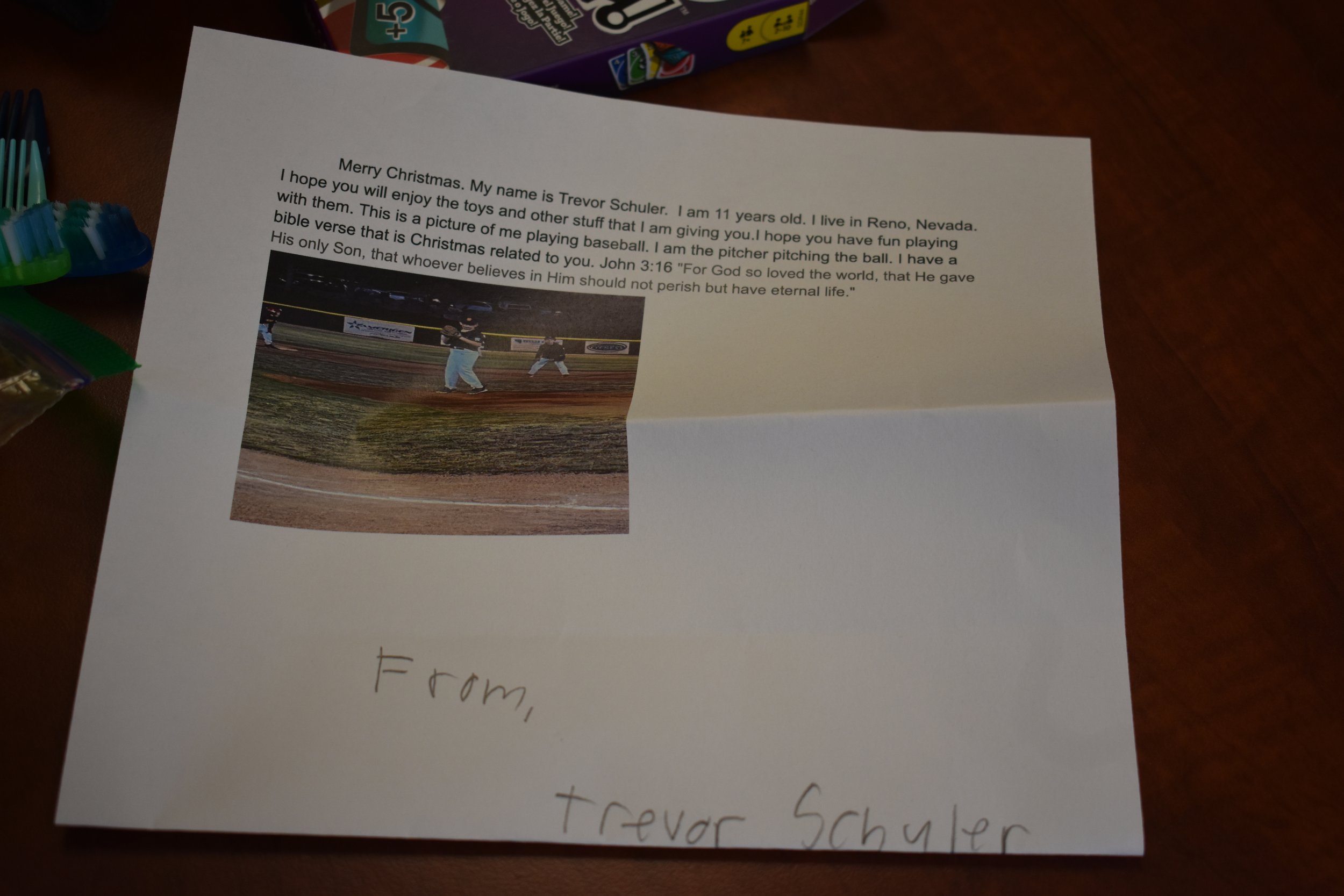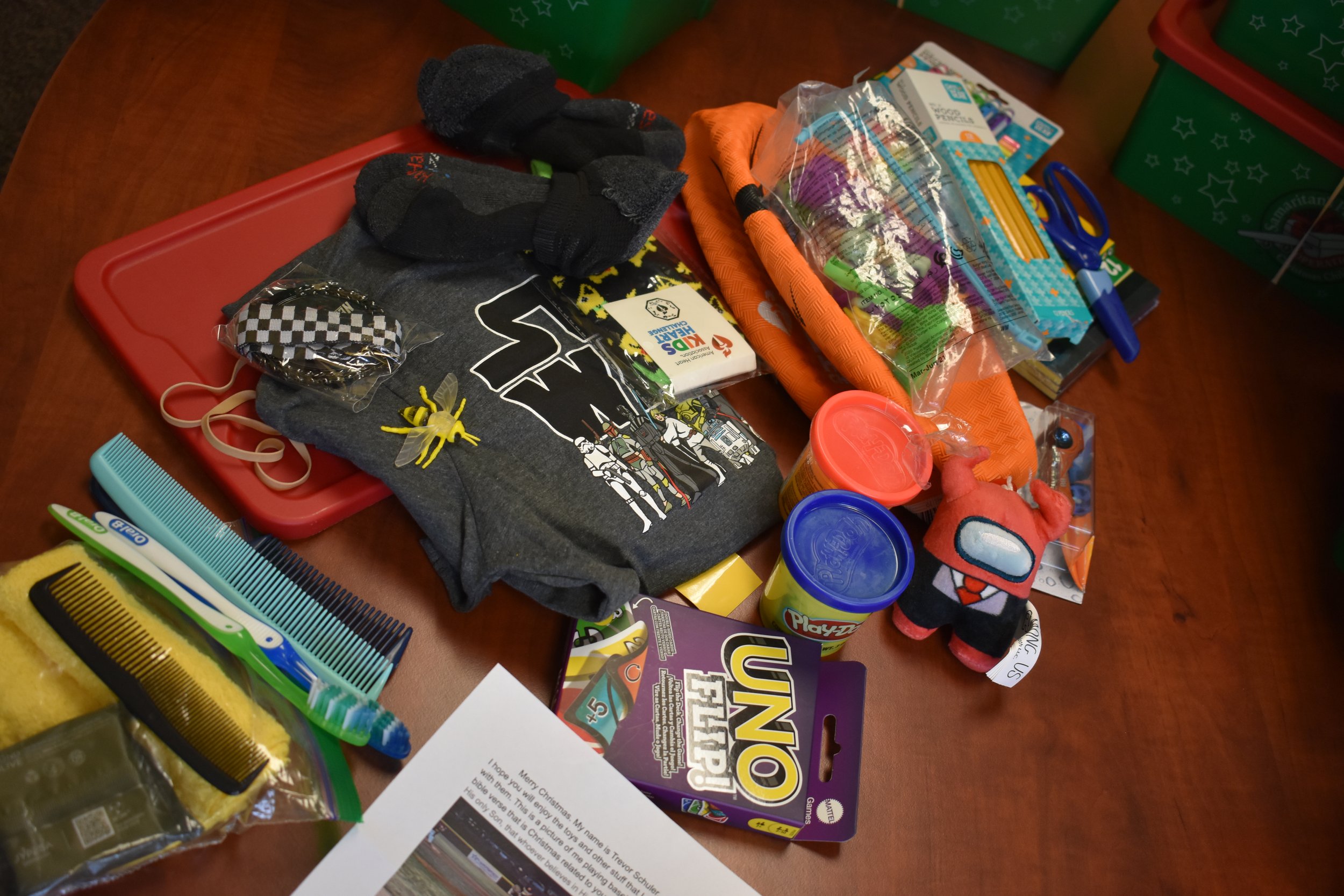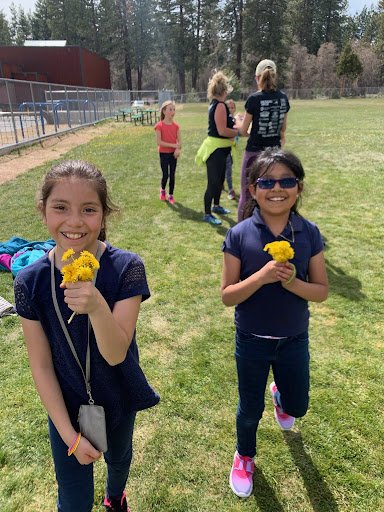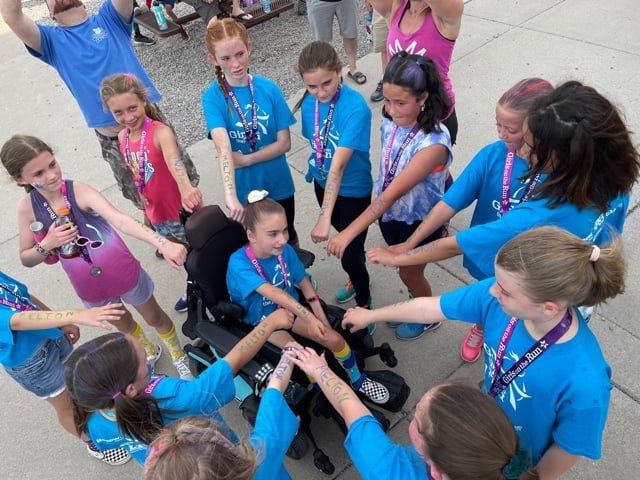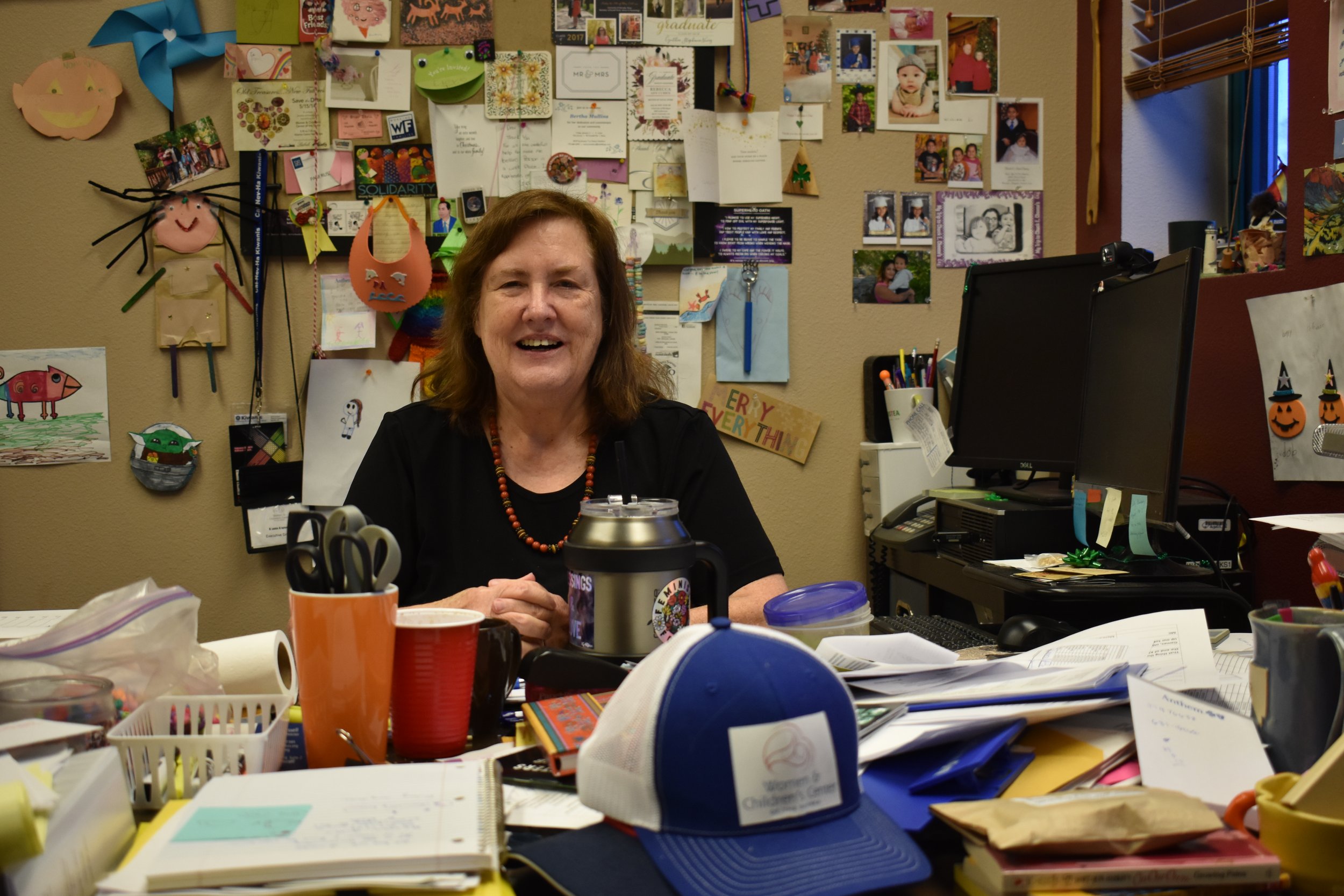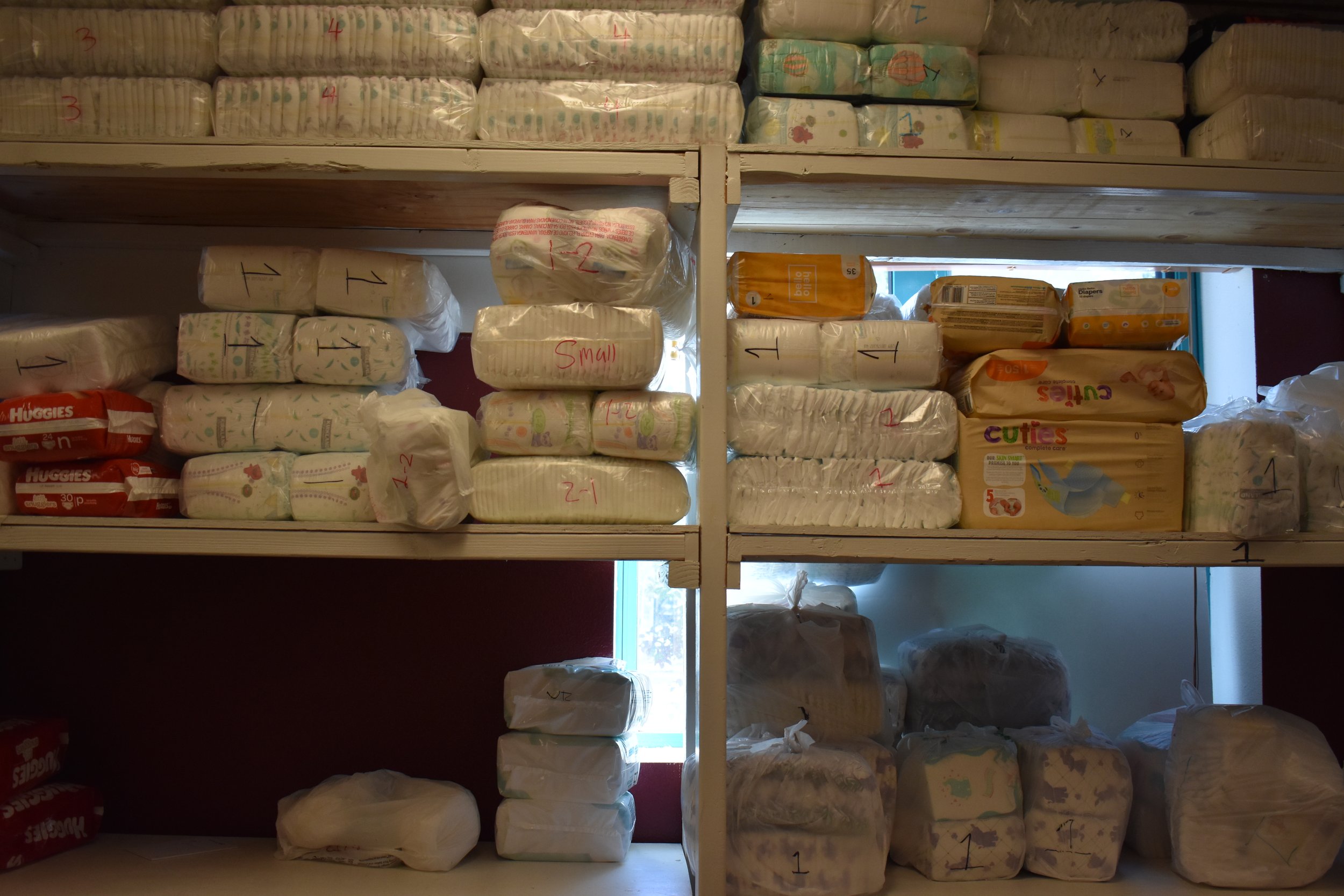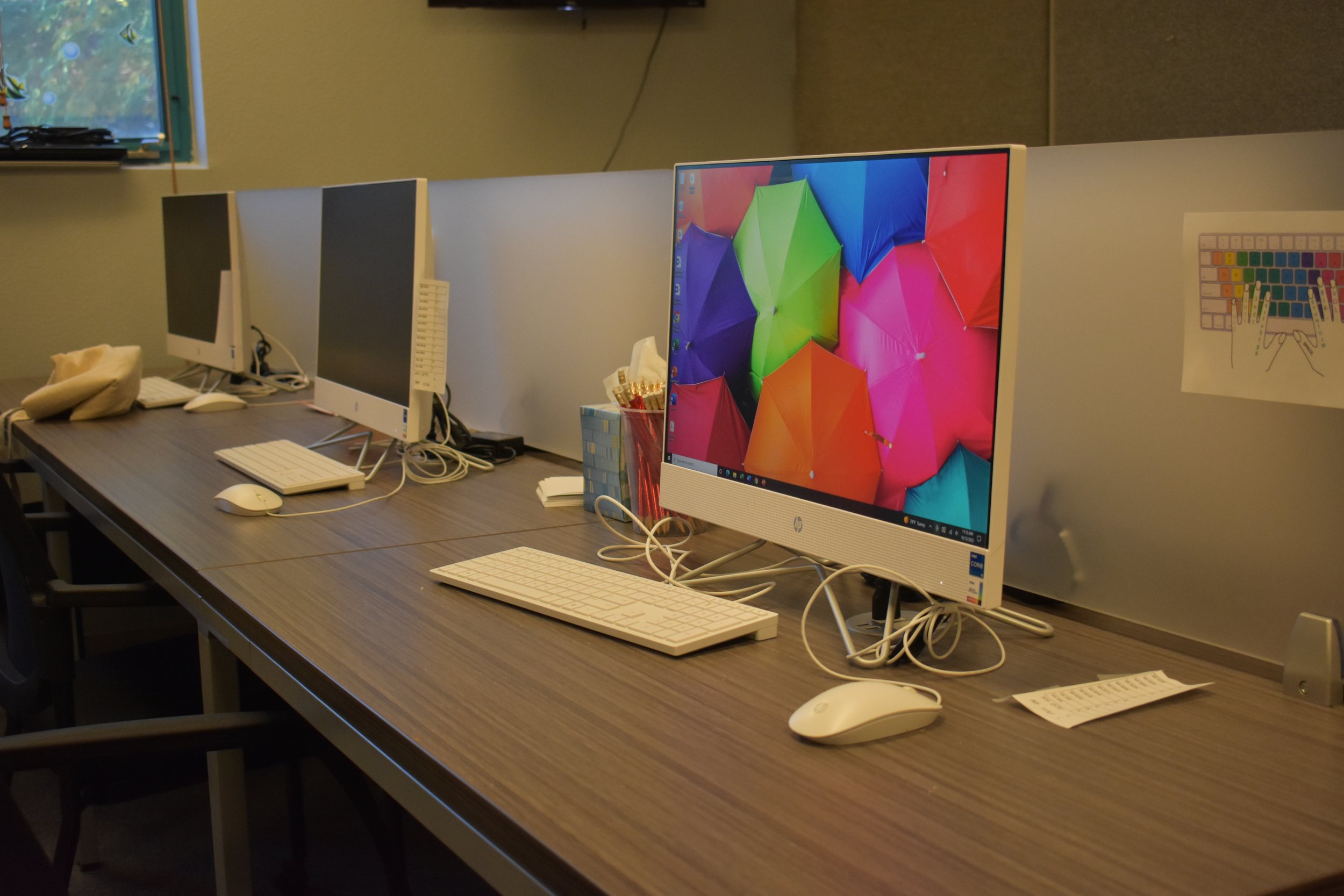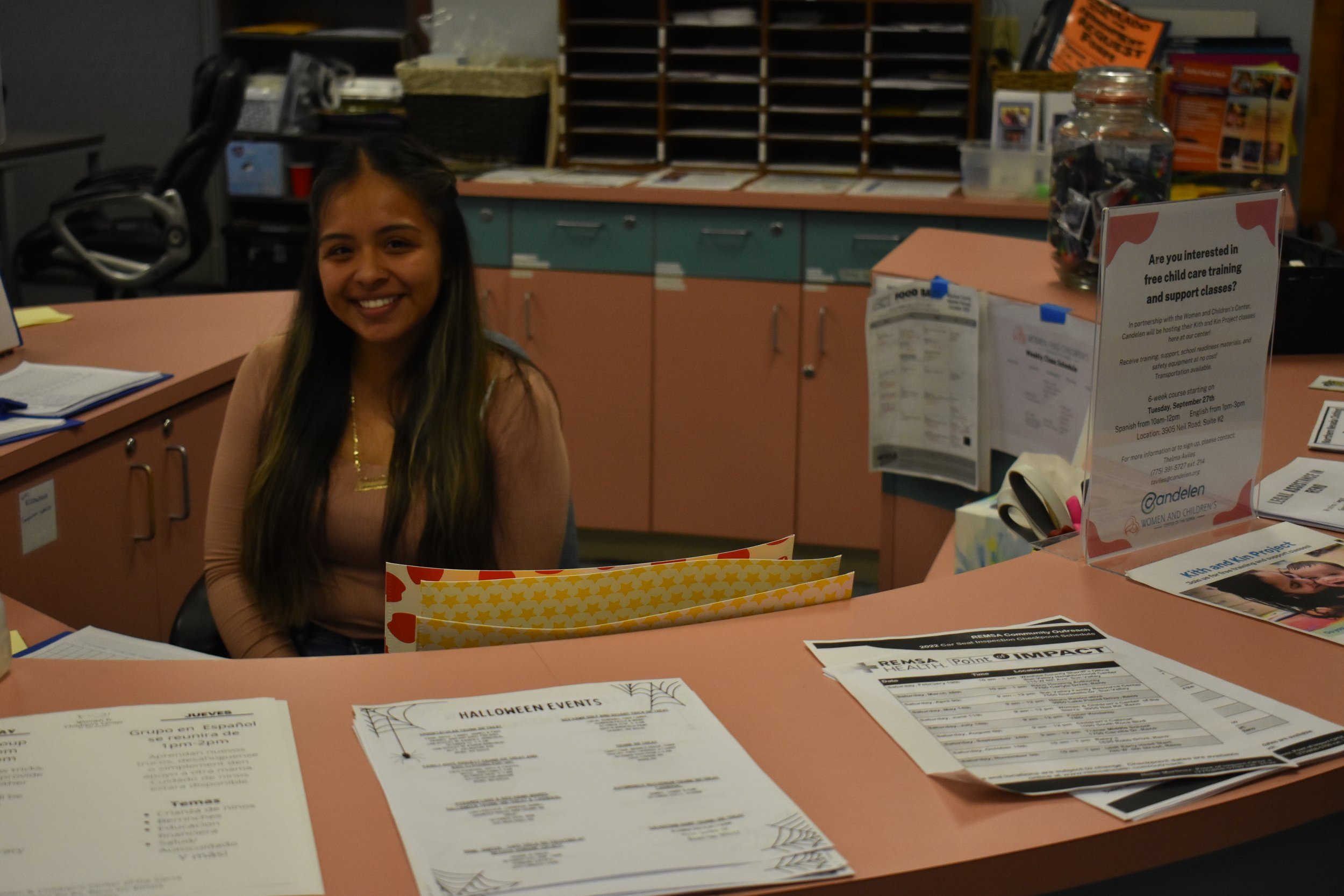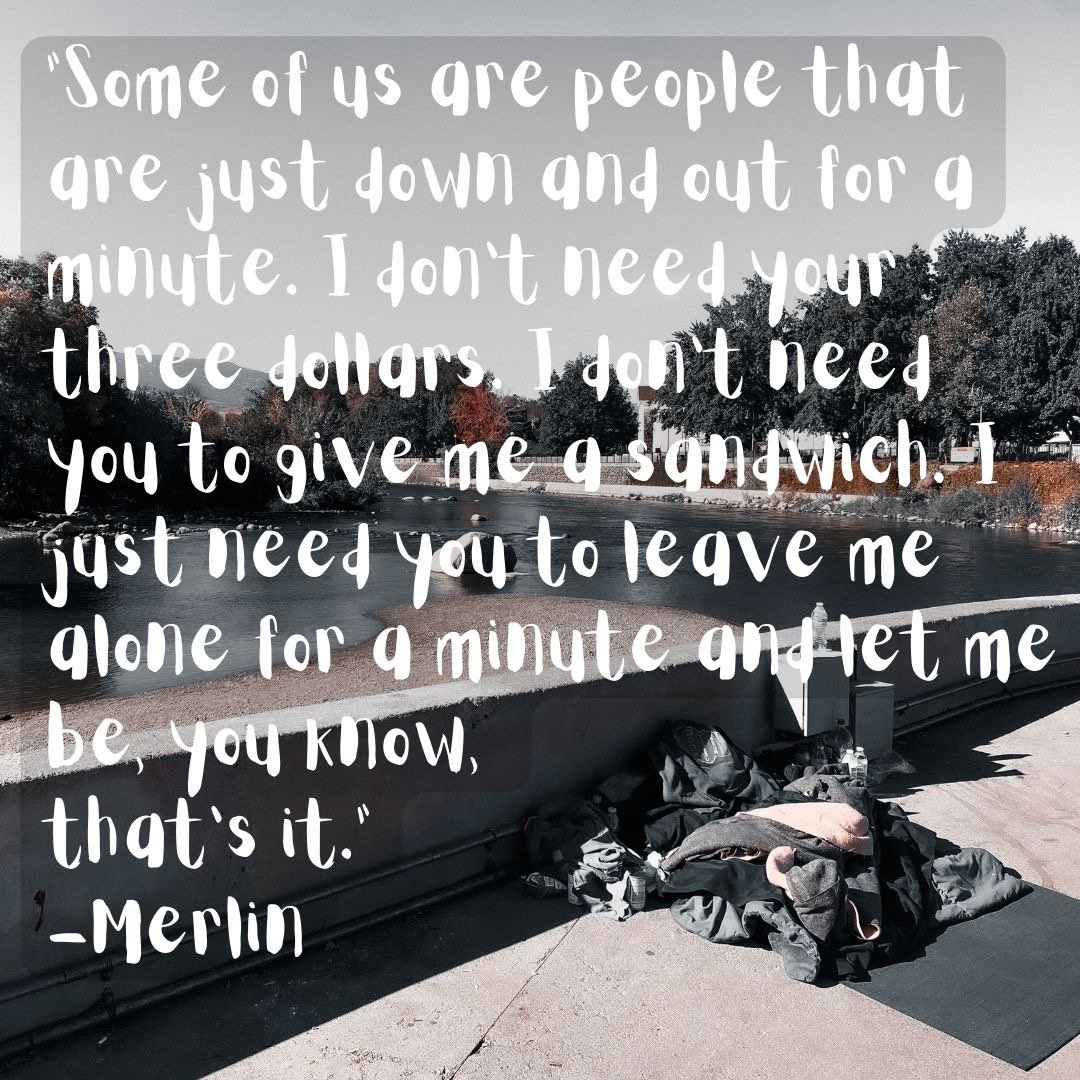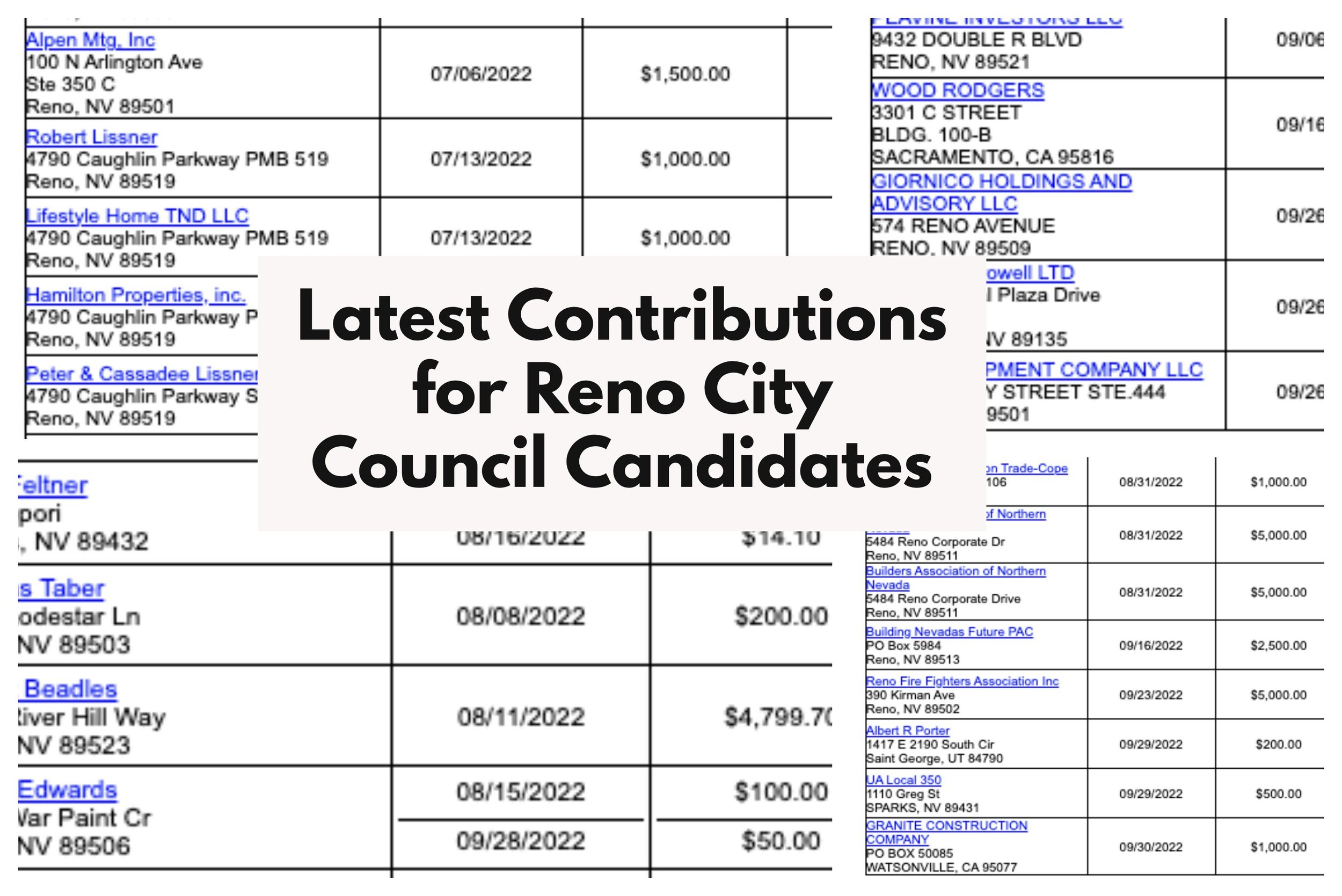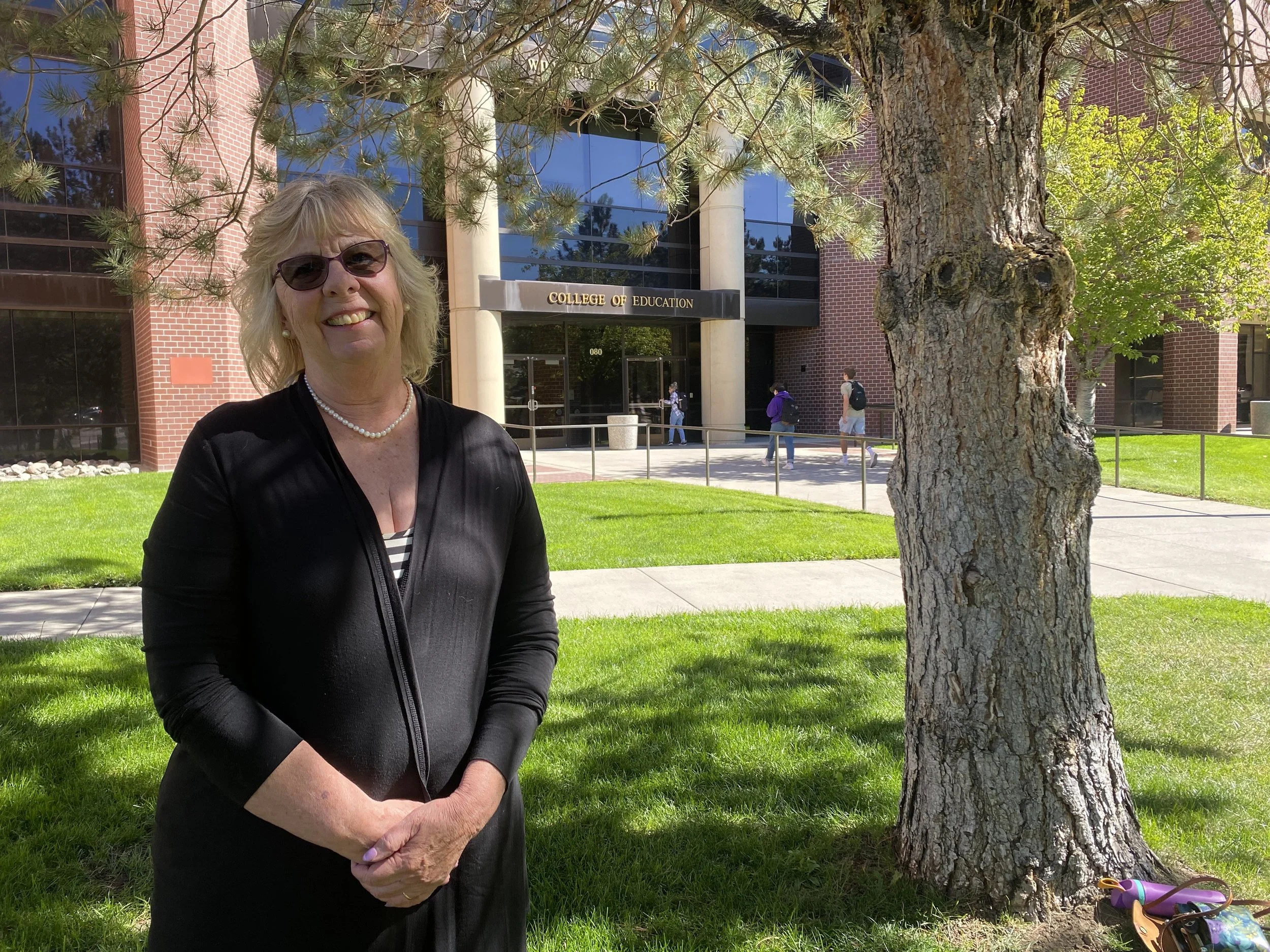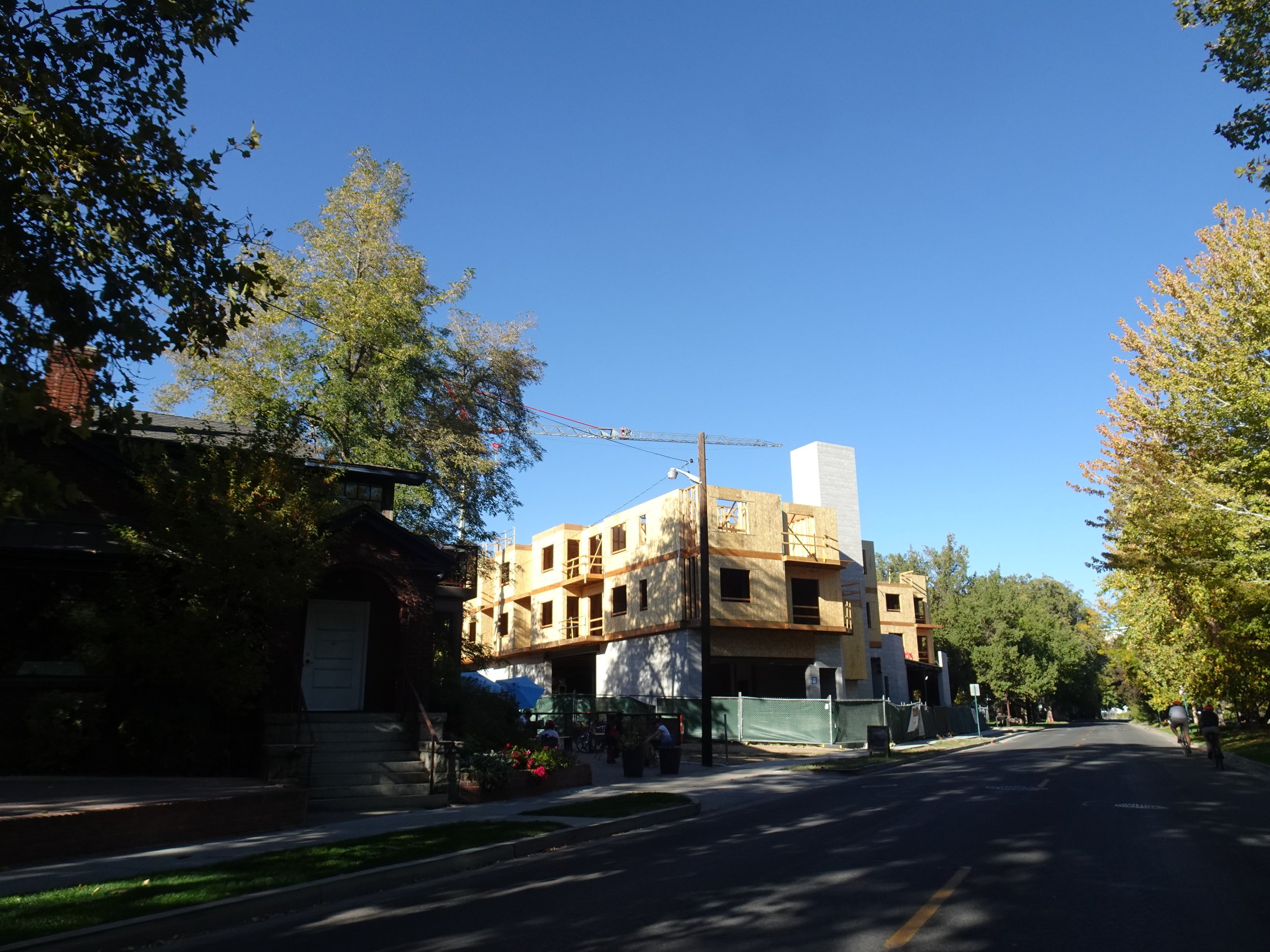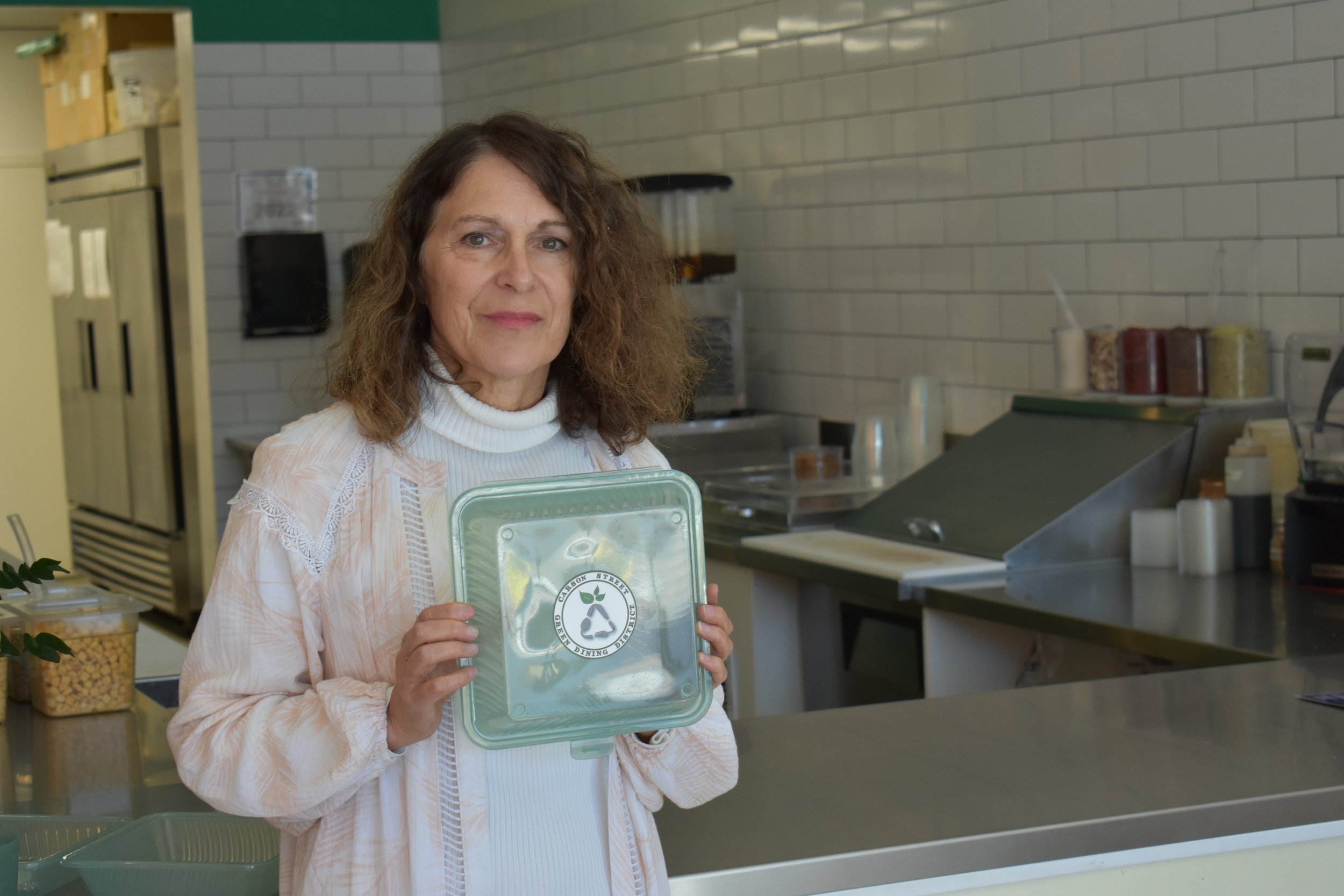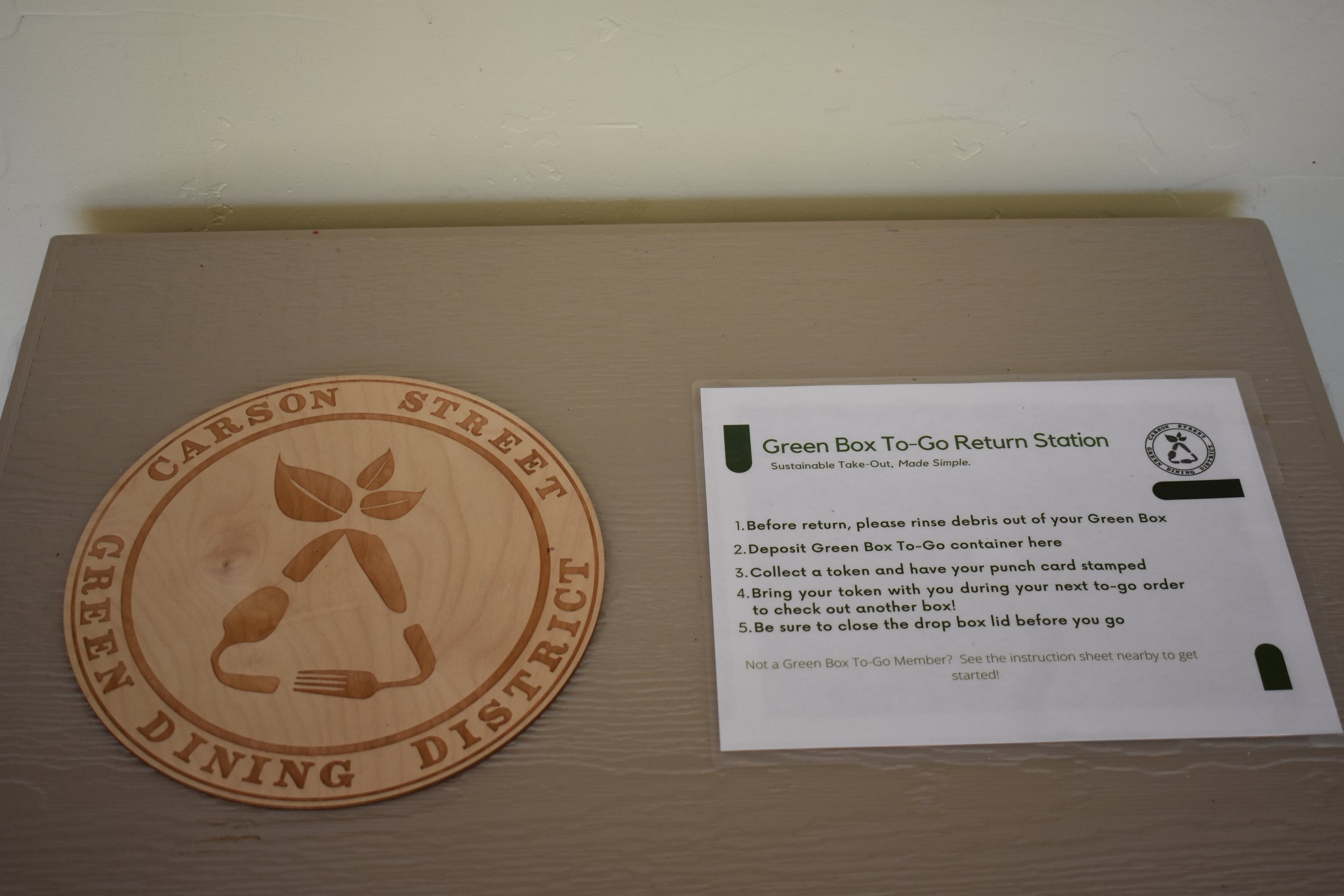“We deal with victims of domestic violence, abuse, also human trafficking and labor trafficking. We help those who are looking for resources, like filing immigration paperwork. Essentially we're a resource center. We help the victims get to where they need to get to, to get help,” explains Yolanda Arzola, outreach coordinator for Reno-based Tu Casa Latina, a nonprofit which has been around since 2014.
This includes helping immigrants trying get visas, who may qualify for special visas as undocumented victims of crime and human trafficking. They can come forward at outreach events, via social media or by calling or writing the office, and quickly getting assigned a case worker.
“Nevada consistently ranks in the top ten in the nation for domestic violence fatalities. This sobering statistic, plus the estimated 20,000 undocumented residents in Washoe County, clearly calls for a systemic effort to support undocumented residents who fall victim to circumstances of domestic violence, sexual assault, or human trafficking,” the website of Tu Casa Latina explains.
Arzola says that given the nature of the population they help, donations are crucial to the organization. “We need to provide services, right. And then a lot of these people, they can't afford to pay for the services. So with donations, that would help to cover somebody's processing paperwork or even just allow us to have the ink to put into our printer so that we could print these documents out. Everything costs money at the end of the day.”
Volunteers and UNR social work interns also help out, and outreach to rural area recently started. Overall, the nonprofit’s caseload has expanded coming out of the pandemic.
“We are one of the few resources out there for the Latino community where they can feel comfortable and confident enough to come in there to look for resources. As a Latino community, it's really hard for us to understand that there are resources out there and we're kind of like a one stop shop. So we support all other organizations at the same time providing our services,” Arzola concluded to highlight the local value they provide.
